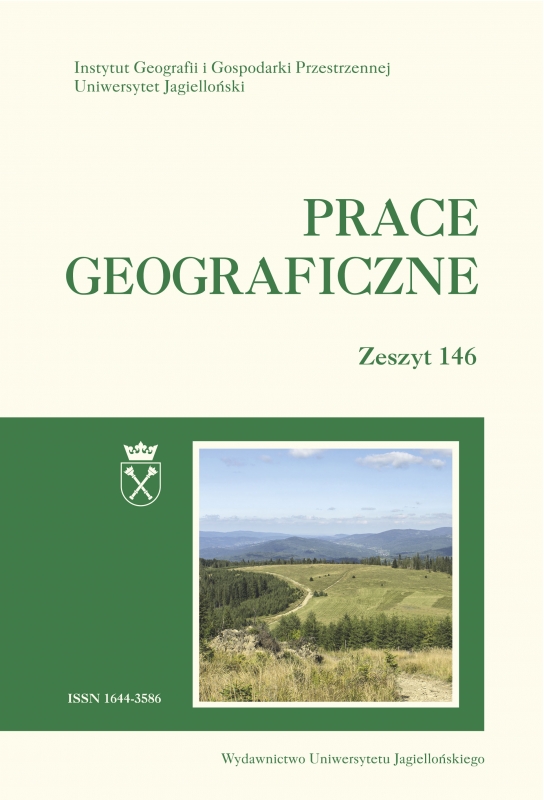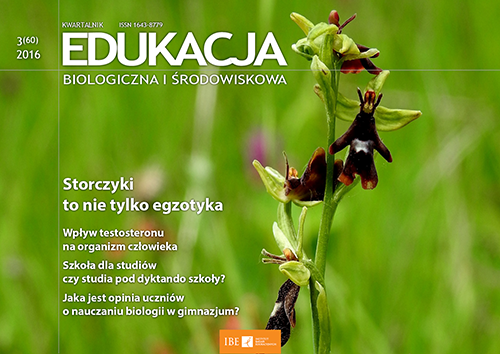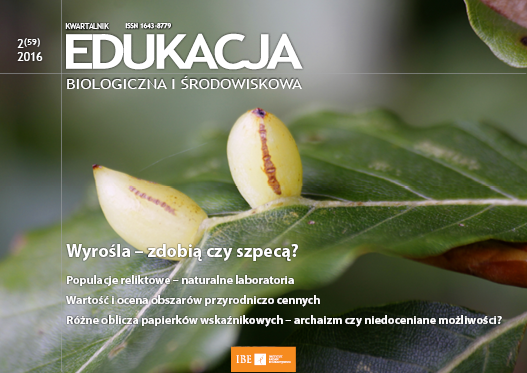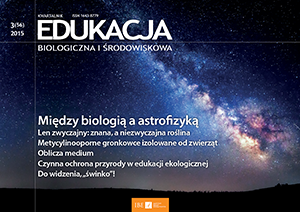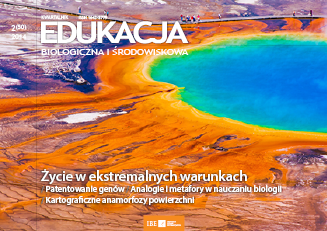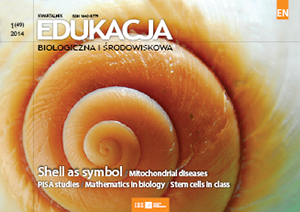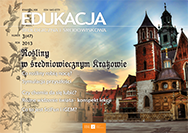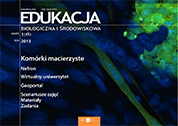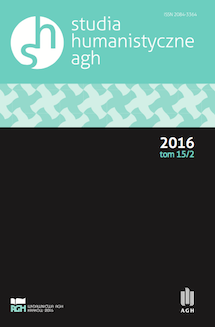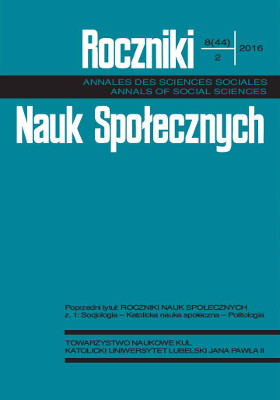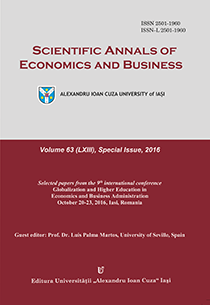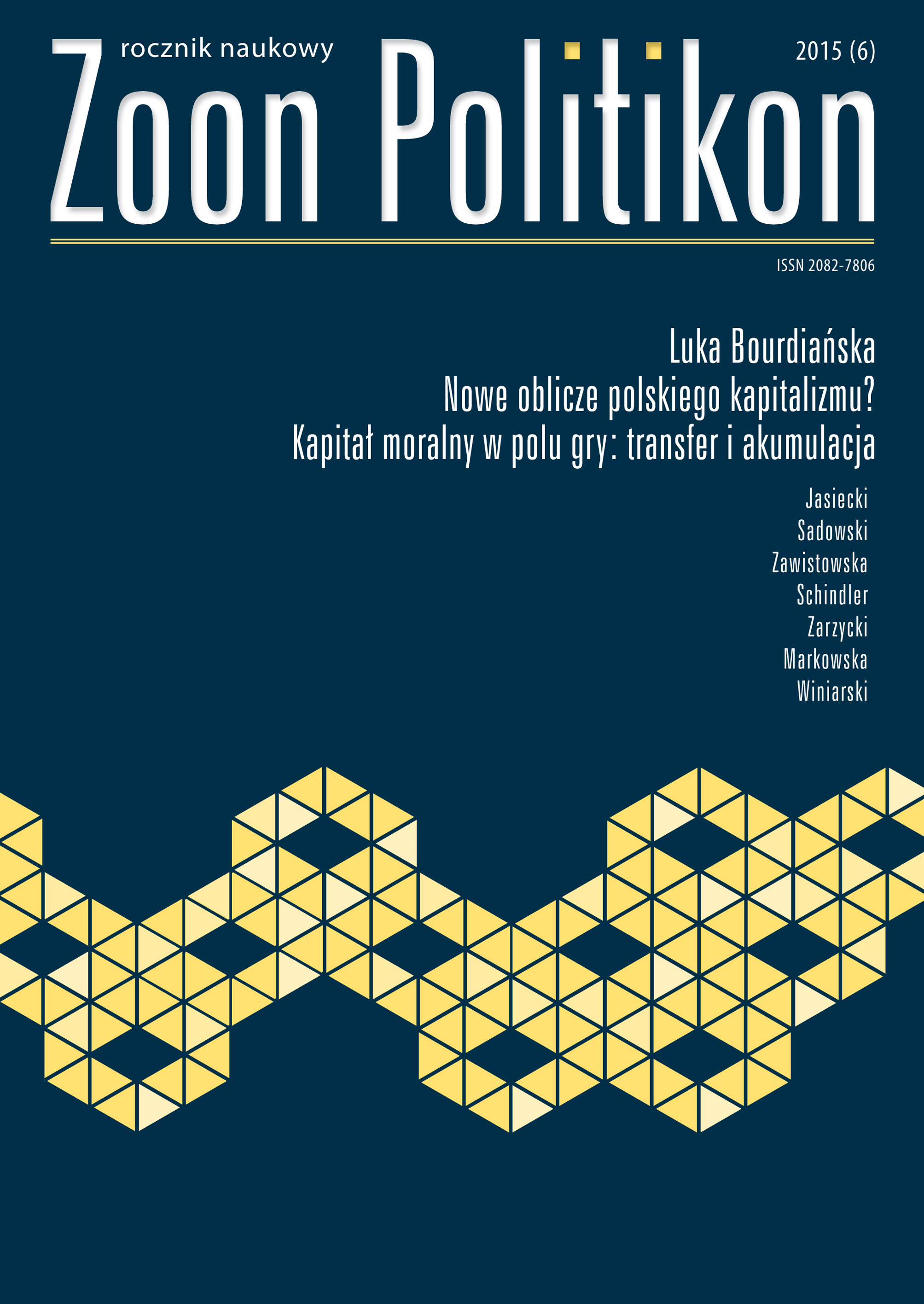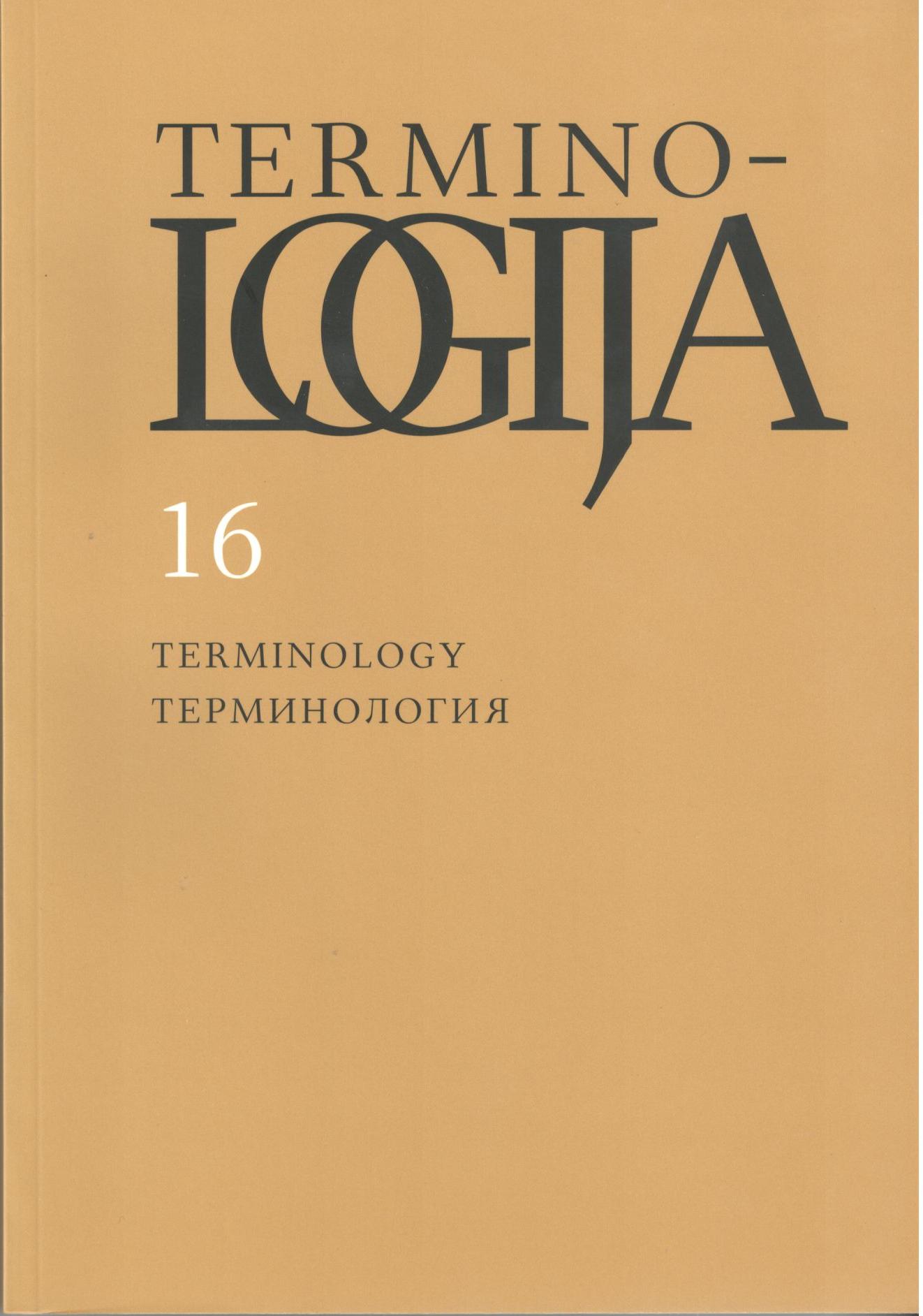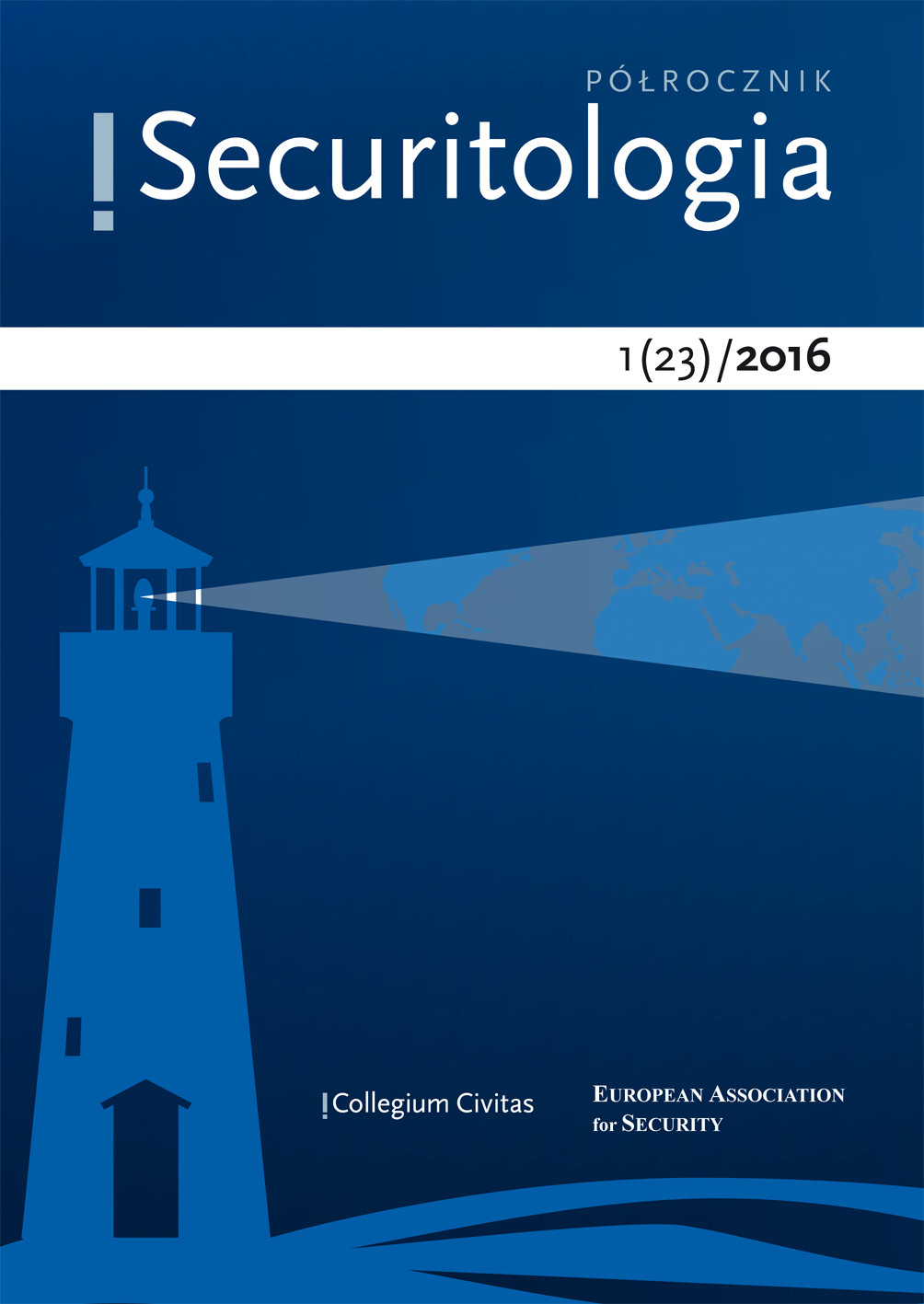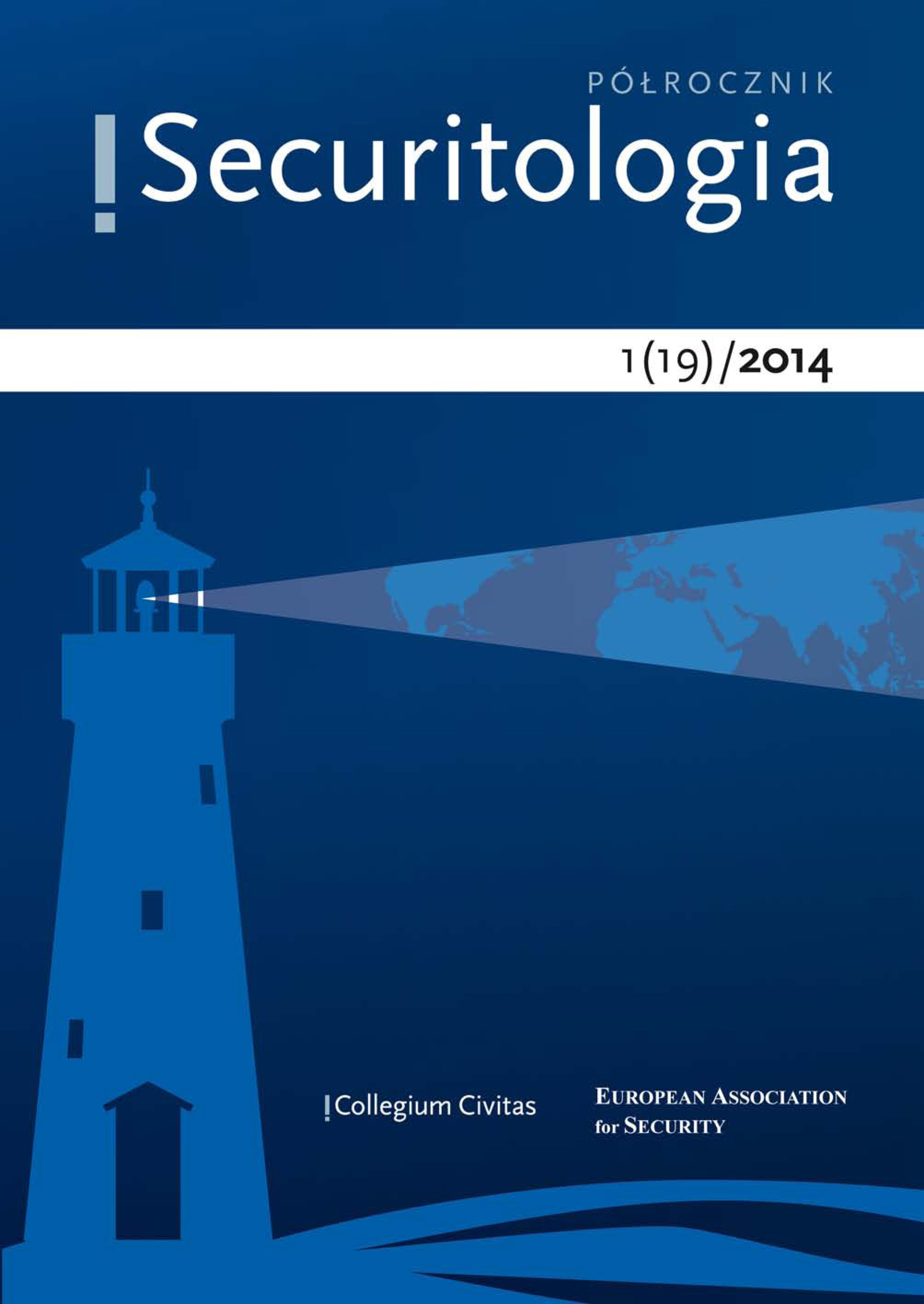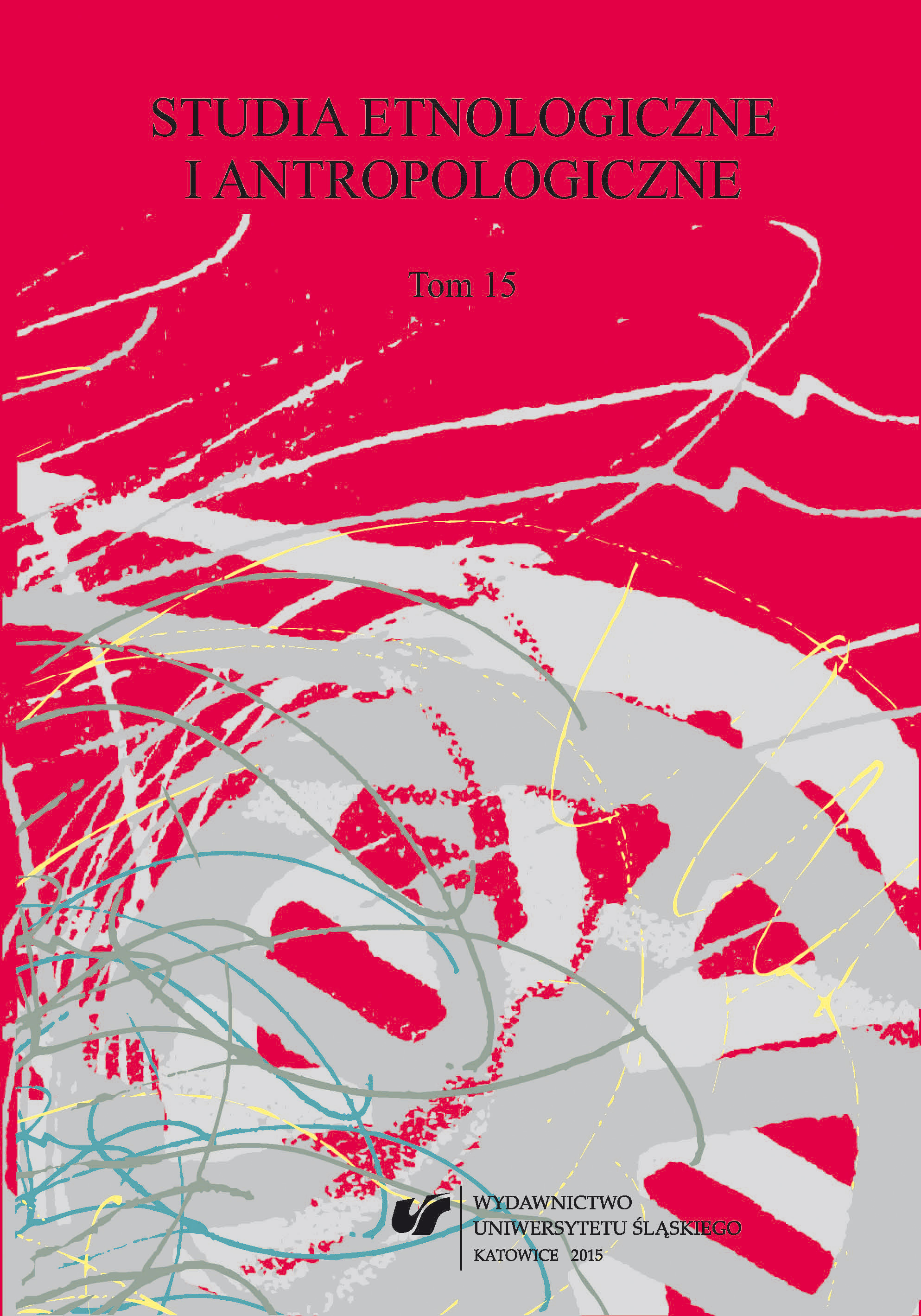
Miasto w pułapce żywiołowości
Transformations of the functional and spatial structure of the city are a process in which spontaneous phenomena may occur. Designers of urban space may draw inspiration from the spontaneous activity in the natural environment. In the city, which is considered man’s natural habitat, spontaneous actions of the users of space generate chaos, but also initiate a new order. By using a variety of spatial planning instruments, one may prevent the possible destructive consequences of spontaneity. In this regard, the principles of shaping urban spaces inside culture parks are of particular importance.
More...
